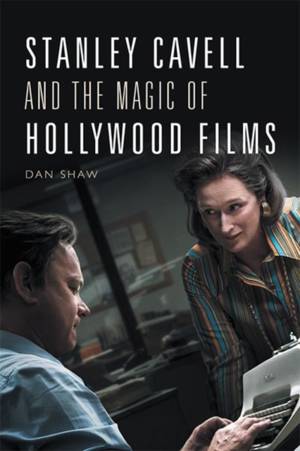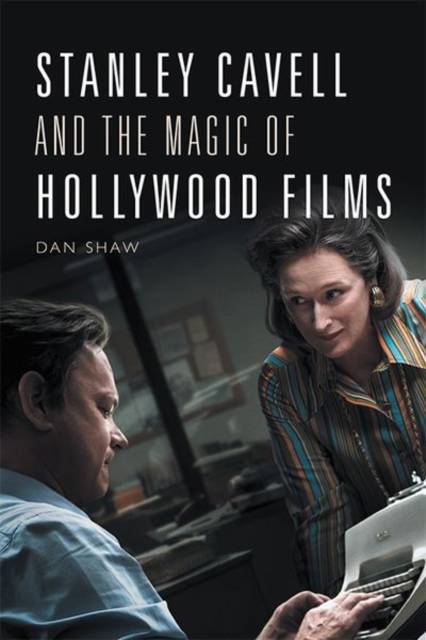
- Retrait gratuit dans votre magasin Club
- 7.000.000 titres dans notre catalogue
- Payer en toute sécurité
- Toujours un magasin près de chez vous
- Retrait gratuit dans votre magasin Club
- 7.000.0000 titres dans notre catalogue
- Payer en toute sécurité
- Toujours un magasin près de chez vous
Description
One of America's most important contemporary thinkers, Stanley Cavell's remarkable film philosophy proposed that the greatest Hollywood films reflect the struggle to become who we really are - a struggle that is foregrounded in the characteristically American theory of Emersonian perfectionism.
Focusing on his account of what makes Hollywood movies so magical, Dan Shaw draws on Cavell's theories to interpret a range of classic and contemporary dramas, including Mr Smith Goes to Washington (1939), Boys Don't Cry (1999) and The Hurt Locker (2008). Pairing of these analyses with discussions of Cavell's precursors, including Emerson, Nietzsche and Mill, the book explores a distinctively American philosophical foundation for the study of Hollywood film.
Spécifications
Parties prenantes
- Auteur(s) :
- Editeur:
Contenu
- Nombre de pages :
- 176
- Langue:
- Anglais
Caractéristiques
- EAN:
- 9781474455701
- Date de parution :
- 14-08-19
- Format:
- Livre relié
- Format numérique:
- Genaaid
- Dimensions :
- 160 mm x 234 mm
- Poids :
- 362 g

Les avis
Nous publions uniquement les avis qui respectent les conditions requises. Consultez nos conditions pour les avis.






